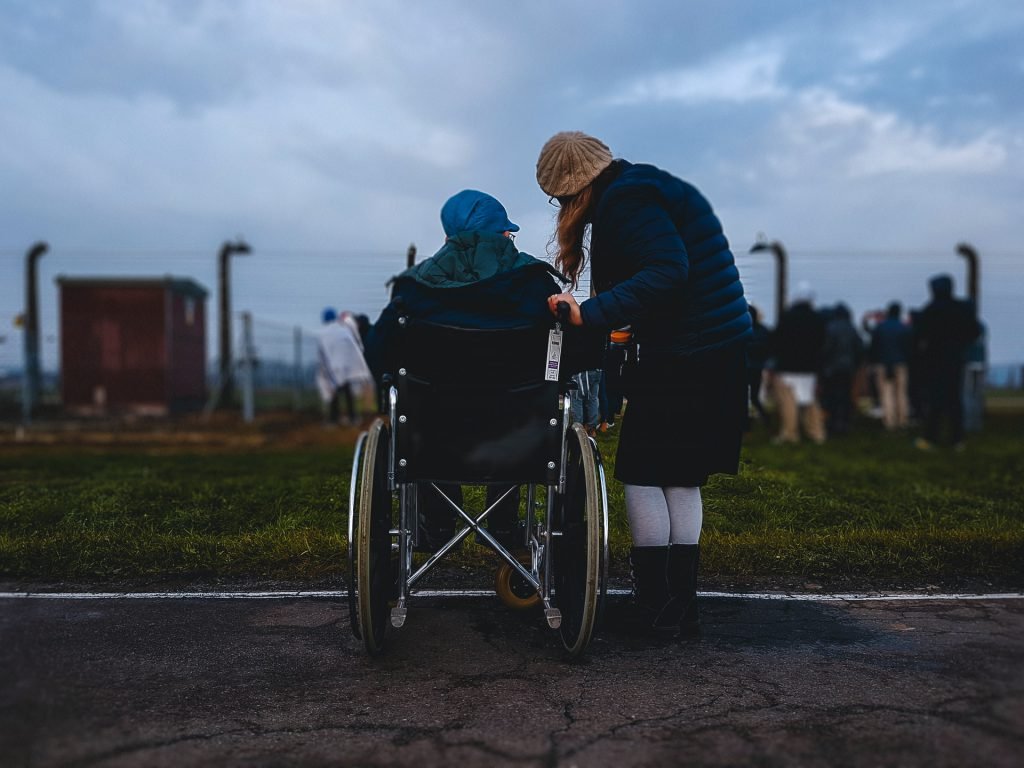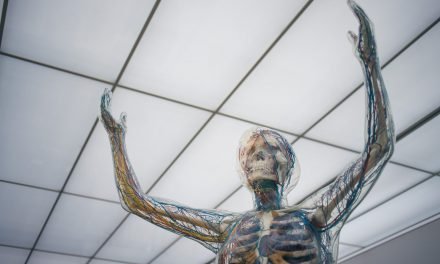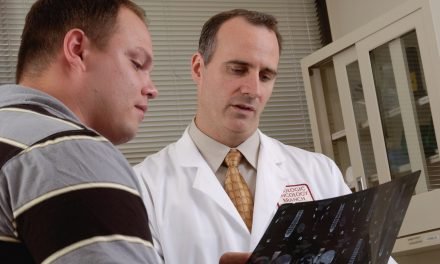
Why is World Rare Disease Day designated?

As the name suggests, it is a rare disease, so it does not receive much attention because it occurs in very few patients. World Rare Disease Day has been designated to prevent this, as people with rare diseases who are not of interest may suffer from health inequalities.
Being ill has to face a number of uncertainties. The suffering of patients is exacerbated when the health system itself, as well as specialized knowledge, is not properly established. World Rare Disease Day was created to prevent this situation and to inform the public about the disease.
The last day of February is World Rare Disease Day, giving patients an opportunity to break free from apathy and share the latest information.
According to the World Health Organization (WHO), 1 in 15 people has a rare disease. Of the world’s 400 million people, there are 30 million rare diseases in Europe and 25 million in the United States.
In this article, we will discuss the definition and historical facts of rare diseases, as well as how to treat people with rare diseases.
Rare disease types and definitions
There are not many rare diseases. As the name suggests, the incidence rate is low enough that less than 5 out of 10,000 are patients. Among about 7,000 rare diseases, only a few of the rarest diseases will be introduced.
Epstein’s disease
Epstein’s disease is a congenital anomaly of the tricuspid valve of the heart, which eventually leads to decreased right ventricular function. The heart enlarges and symptoms such as heart failure or tricuspid regurgitation develop.
Mobius syndrome
Möbius syndrome is a congenital developmental disorder characterized by facial paralysis. In addition, symptoms such as strabismus, inner canthal folds, swallowing problems, and pronunciation abnormalities occur, and the 6th cranial nerve that moves the pupil backward and the 7th nerve related to facial expression are paralyzed.
Chediak Higashi Syndrome (CHS)
Chediak Higashi Syndrome is caused by abnormalities in neutrophils, which are an important component of our body’s defense against various bacteria and fungi. When there is a problem with neutrophils, it is difficult to block external pathogens that have entered the body.
It also limits the ability of phagocytic cells to selectively remove damaged cells or microorganisms, leading to anemia, repeated infections, and liver enlargement.
Barde Biddle Syndrome (BBS)
Barde Biddle Syndrome is a rare inherited autosomal recessive disorder. Symptoms include obesity, genital abnormalities, intellectual disability, polydactyly, and hearing impairment.
Hermansky Puddlelack Syndrome
HPS is a group of diseases that are thought to be caused by abnormalities in the HPS gene and are inherited as autosomal recessive. It is accompanied by ophthalmic albinism, pulmonary fibrosis, kidney disease, and bleeding disorders.
Rare diseases that have a higher incidence than the aforementioned diseases include:
- elephantiasis
- myasthenia gravis
- Progeria
- Lou Gehrig’s disease (ALS)
- Goodpasture Syndrome (GPS)
- Talov’s cyst
The purpose of World Rare Disease Day is to raise awareness of marginalized patients with rare diseases.
History of World Rare Disease Day
There is a reason why World Rare Disease Day is set as the last day of February every year. It is said that it was established as the last day of February every year based on the rarity of February, where the last day of February ends on 29 days once every four years.
The slogan at the time of World Rare Disease Day, first established in 2008, was ‘rare day for very special people, and the slogan for 2020 was ‘there are more rare diseases than you think, stronger than you think, and don’t hide them’.
This anniversary was made possible because the patient’s family spoke up and worked hard for better treatment.
European organizations such as the European Organization for Rare Diseases and the Spanish Federation of Rare Diseases are working together and are gradually spreading around the world. The American Association for Rare Diseases (NORD) is also taking the lead.
How to help people with rare diseases
Because people with rare diseases experience complex emotions such as uncertainty, fear, depression, and anxiety, experts say they need the following attention and attention.
- Understanding the disease: It is a rare disease, but it is important to understand it correctly.
- Consistent decision making: Avoid improvised treatment decisions and explore all possible treatments before making a decision. Make important decisions when you are calm and able to make rational decisions.
- Emotional health care : Patients must be free to express their emotions and express their doubts and fears so that emotional health is not compromised.
- Professional Psychotherapy: People with rare diseases are more likely to suffer from psychological disorders, so seek professional help to avoid psychopathological disorders.

The support of experts and families is of great help to patients with rare diseases.
Cheer on World Rare Disease Day
If you would like to celebrate World Rare Disease Day, here are some ways:
- Post the official logo on social media and announce it
- Hashtag #RareDiseaseDay or #WorldRareDiseaseDay.
- Informing people with rare diseases and/or statistical data on diseases
- Organize fundraising to help people with rare diseases
- Talking about rare diseases with friends
The purpose of Rare Disease Day® is to raise awareness and help people with rare diseases to promote creativity and vitality.
What should I remember?
Announcing World Rare Disease Day also helps scholars seeking treatment.
Even if it’s not the last day of February, let’s do something for people with rare diseases. Everyone’s interest can find a solution.





















